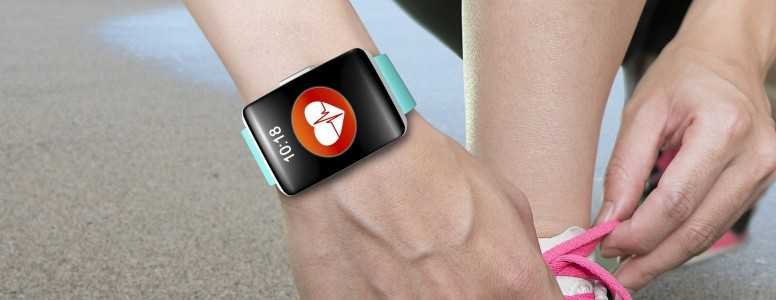JDRF has announced plans to support the development of artificial pancreas technology by helping to put in place financial, regulatory and legal frameworks.
Research into artificial pancreas systems is continually evolving and clinical trials are ongoing. Later this year an insulin-only version of the iLet, commonly known as a bionic pancreas, is expected to be submitted to the US Food and Drug Administration (FDA).
But a tech-savvy community of people tired of waiting for device approval are building their own artificial pancreas devices as part of the #WeAreNotWaiting movement.
JDRF says it now wants to “fuel innovation” to support the thriving community behind open-loop artificial pancreas systems such as Nightscout and OpenAPS, which use open protocol to reverse engineer continuous glucose monitors (CGMs) and insulin pumps to deliver insulin based on blood glucose readings.
As part of a new initiative, JDRF will award grants to projects supporting this movement, and help the approval process and lobby manufacturers to ensure secure and safe connections with devices through Bluetooth.
JDRF Chief Mission Officer Dr Aaron Kowalski said: “JDRF is firmly committed to ensuring people with diabetes have access to tools that improve their lives as we drive towards a cure.
“Automated insulin delivery systems are already benefiting people with type 1 diabetes, and open-protocol innovation is providing additional solutions. JDRF will explore means to ensure innovation continues at a rapid pace and that we tap the best people from diverse fields to support progress in this area.”
A spokesman for JDRF added that the new initiative would “explore ways to overcome potential challenges in the use and adoption of open-protocol systems”, adding “JDRF believes that both proprietary and open-protocol development pathways can fuel innovation that improves outcomes and reduces the burden of T1D”.
Editor’s note: The people behind the #WeAreNotWaiting movement have strong understanding of diabetes and engineering. Making changes to your insulin pump or CGM is not recommended, and doing this could invalidate product warranties.
What's new on the forum? ⭐️
Get our free newsletters
Stay up to date with the latest news, research and breakthroughs.









